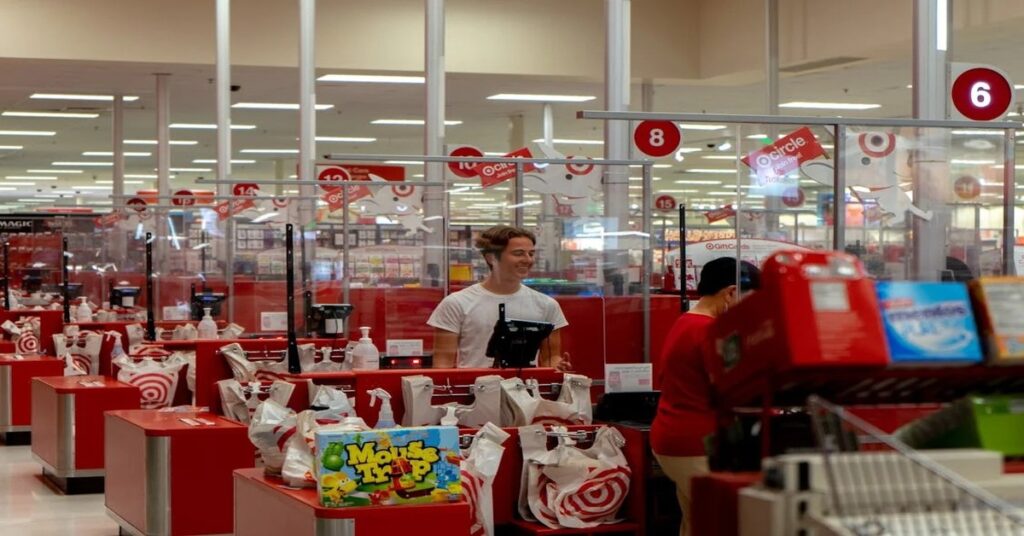In the 21st century, marketing has seen a tremendous shift with the rise of digital media and global cultural influences. One notable trend is the strategic collaboration between luxury brands like Gucci, Tiffany & Co., and Louis Vuitton with the immensely popular K-pop industry.
This unique partnership has proven to be a game-changer, creating a powerful marketing force that resonates with the target audience and propels these luxury brands to new heights. In this article, we will delve into the reasons for the phenomenon, explore how the target audience connects with K-pop, and the marketing synergy:
The Popularity of K-pop
K-pop, short for Korean pop music, has grown from a niche genre to a global sensation, captivating millions of fans worldwide. Its infectious melodies, visually stunning music videos, and charismatic performers have helped it transcend cultural barriers and establish a devoted international fan base. This popularity has not gone unnoticed by luxury brands seeking to tap into this vast market.

Cultural Appeal and Values – K-pop’s emphasis on style, glamour, and individuality aligns perfectly with the image projected by luxury brands. The aspirational nature of both K-pop stars and luxury products creates a seamless connection that resonates with the target audience.
Global Reach – the global popularity of K-pop allows luxury brands to reach diverse markets effortlessly. By collaborating with K-pop artists, these brands can effectively promote their products to fans across continents.
Social Media and Digital Dominance – K-pop fandoms are known for their social media prowess and active online presence. Luxury brands leverage this digital landscape to create engaging marketing campaigns that go viral, generating buzz and interest in their products.
Evolution as a Marketing Force
K-pop’s evolution as a marketing force has been remarkable. Initially, it was primarily music-focused, but with time, it has grown into a multimedia phenomenon, incorporating fashion, beauty, and lifestyle elements. The K-pop industry has mastered the art of creating captivating narratives and visually appealing content, making it an attractive marketing partner for luxury brands.
Here are some examples:
Gucci x Blackpink: Gucci’s partnership with the renowned girl group, Blackpink, was a masterstroke. The group members have become brand ambassadors, showcasing Gucci’s products through their social media and music videos. This collaboration led to an upsurge in brand visibility and a massive boost in Gucci’s popularity among young consumers.

Tiffany & Co. x BTS: the collaboration between the iconic jewelry brand and the chart-topping group, BTS, was a sensation. BTS’s global reach and immense popularity drew attention to Tiffany & Co.’s products, especially among the millennial and Gen Z audience.
Louis Vuitton x EXO: Louis Vuitton’s partnership with EXO, one of K-pop’s leading boy bands, demonstrated the brand’s commitment to bridging the gap between luxury fashion and youth culture. The collaboration brought about limited-edition collections and campaigns that appealed to a broader audience.
The marriage between K-pop and luxury brands has resulted in a mutually beneficial marketing synergy. The cultural appeal, global reach, and digital dominance of K-pop have allowed these luxury brands to resonate with their target audience effectively. As K-pop continues to evolve as a marketing force in the 21st century, we can expect more creative and groundbreaking collaborations that redefine the landscape of luxury brand marketing for years to come.
Also Read: South Korea Emerges As Promising Market for Luxury Brands



